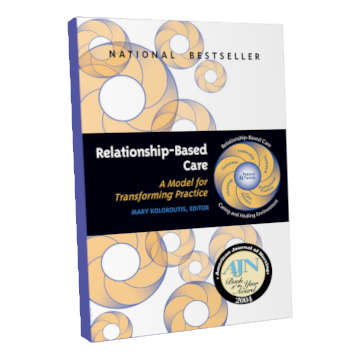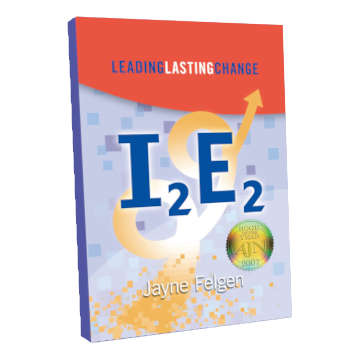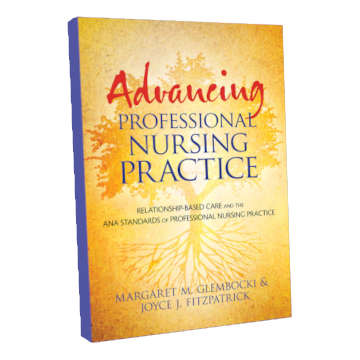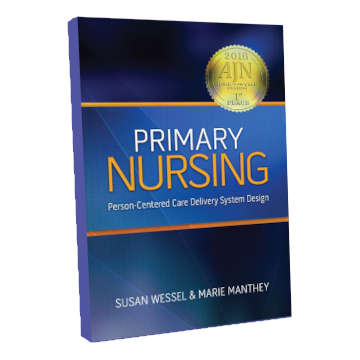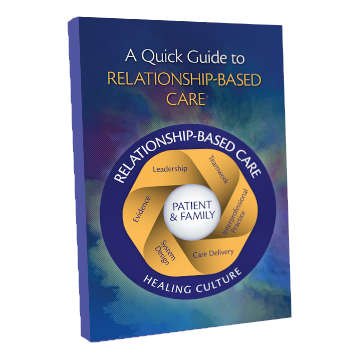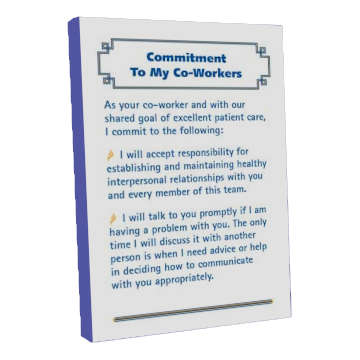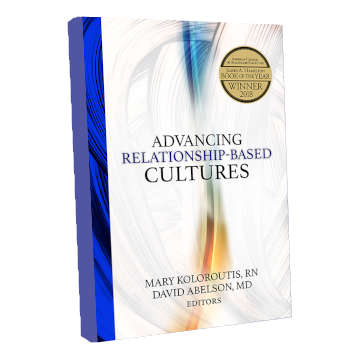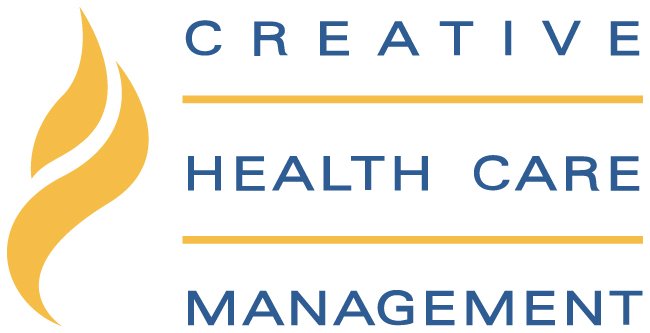by Kary Gillenwaters, MA, OTR/L
In a recent medical appointment of my own, I was struck by how often the initial collection of vitals and other information during an office visit is a rote process, not only guided by a checklist, but seemingly dictated by it. I perceived this as an opportunity to collect required information in a more relational way—one that is more fulfilling for patients and care providers alike.
Certainly, overdependence on a checklist is a choice that can be made by a clinician. But I realized quickly that the core problem wasn’t “overdependence on checklists,” it was “a lack of relational competence during the collection of vitals.”
What if, rather than focusing on alleviating overdependence on checklists, we simply added relational content to our checklists? What if we recognized that there is purely relational content that also counts as vital?
You might consider asking any one of these questions:
- What is the most important thing you’d like to have happen today as a result of this appointment?
- If I could alleviate your worries or fears today, what would you like to address?
- Are there any changes you’re currently working on making in your life that I might be able to help you with?
- If you could have a “sticky note” of information you’d like all members of your health care team to know without us having to ask, what would you want us to know?
When collecting vitals or completing a routine task, try one of these questions to build relationship with your patients and families. You’ll notice that connection increases satisfaction for all involved, and as a bonus, you might find more joy in routine tasks.
Relationship-Based Care: A Model for Transforming Practice
I2E2: Leading Lasting Change
Advancing Professional Nursing Practice: Relationship-Based Care and the ANA Standards
Primary Nursing: Person-Centered Care Delivery System Design
A Quick Guide to Relationship-Based Care
A Quick Guide to Relationship-Based Care is a 68-page booklet outlining the basics of Relationship-Based Care®. This valuable resource is ideal for orientation of the entire workforce in organizations implementing Relationship-Based Care.
Commitment to My Co-Workers© Health Care Card
Recently edited and redesigned to increase clarity, they are used by thousands of health care workers around the world.
Advancing Relationship-Based Cultures
Advancing Relationship-Based Cultures explains and expands a fundamental and often overlooked truth in health care: It is the confluence of relational and clinical competence that advances relationship-based healing cultures.
Relationship-Based Care: A Model for Transforming Practice
I2E2: Leading Lasting Change
Advancing Professional Nursing Practice: Relationship-Based Care and the ANA Standards
Primary Nursing: Person-Centered Care Delivery System Design
A Quick Guide to Relationship-Based Care
Commitment to My Co-Workers© Health Care Card
Recently edited and redesigned to increase clarity, they are used by thousands of health care workers around the world.
Advancing Relationship-Based Cultures
Advancing Relationship-Based Cultures explains and expands a fundamental and often overlooked truth in health care: It is the confluence of relational and clinical competence that advances relationship-based healing cultures.


